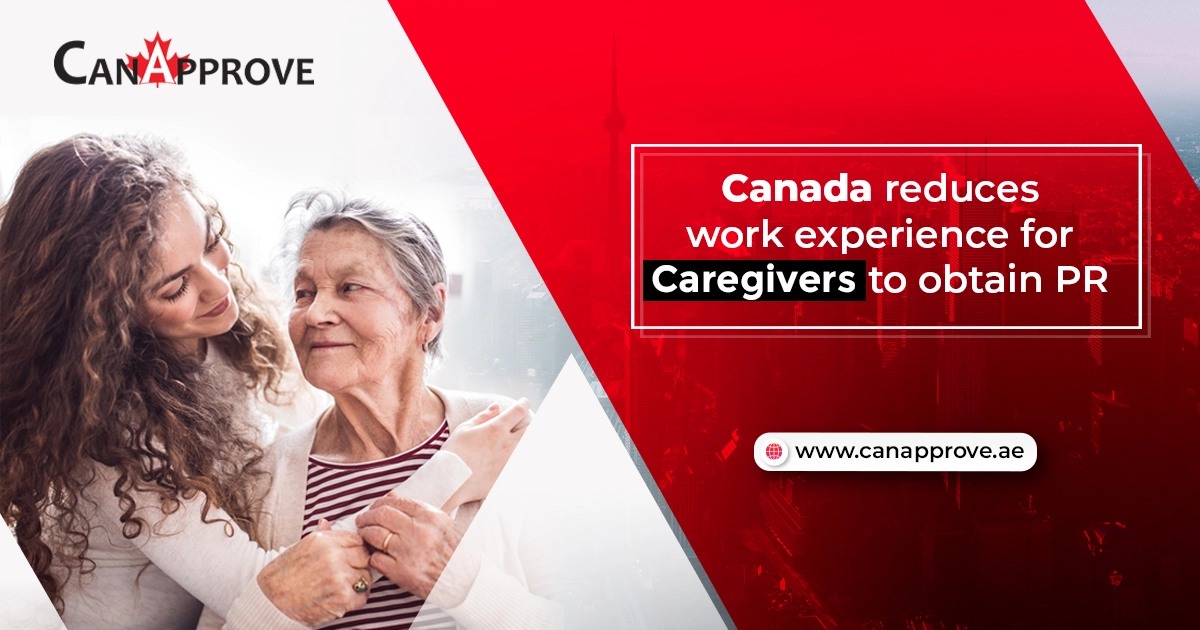Canada is reducing the amount of work experience required for a caregiver to qualify for permanent residence from 24 to 12 months. The change will take effect as of April 30, 2023, and is retrospective for caregivers who have already applied.

“… By reducing the work experience required in Canada to one year, more caregivers and their families will become eligible to transition to permanent residence sooner, meaning that they can settle down and start the next chapter of their lives here in Canada,” said the Honourable Sean Fraser, Minister of Immigration, Refugees and Citizenship in a news release.
Canada needs more caregivers to support the needs of the population both now and in the near future. The most recent labor force survey shows that over 7,000 immigrants were hired in January 2023 but there were still 131,800 job vacancies as of November 2022.
Candidates willing to qualify for immigration through caregiver programs must be able to demonstrate:
- Work experience that falls under National Occupational Classification (NOC) codes 44100 or 44101, and minimum 30 hours of paid work per week
- Language test results showing a Canadian Language Benchmark (CLB) of 5;
- One year of Canadian post-secondary education or the foreign equivalent; and
- Pass an admissibility check (health, criminality, and security).
Take this free assessment online to determine your eligibility.
Immigrate to Canada as Caregivers
IRCC established a cap of 2750 visas per year for each of the two categories for a total of 5500 Canadian immigration caregiver visas annually.
(NOC 44100) – Home Child Care Provider Pilot: Intake in 2023
- Gaining experience category: 1,650 applications. This includes 1,500 online applications and 150 alternate format applications.
- Direct to permanent residence category: 1,100 applications. This includes 1,000 online applications and 100 alternate format applications.
(NOC 44101) – Home Support Worker Pilot: Intake in 2023
- Gaining experience category: 1,650 applications. This total includes both online and alternate-format applications.
- Direct to permanent residence category: 1,100 applications. This total includes both online and alternate-format applications.
Immigrating to Canada under caregiver programs offers the following benefits:
- The caregiver applies for permanent residence from the very beginning and their family will be included in their application.
- They will not be restricted to working for a specific employer, thus trying to eliminate abuse and exploitation of the caregivers by their employers.
- The employer will not need to submit a Labour Market Impact Assessment (LMIA) application to Service Canada (ESDC), thus making the job offer more “user-friendly” to employers in dire need of caregivers.
- When the work permit as a caregiver is approved, the whole family (qualifying dependents) can accompany them to Canada with an immigration status of their own.
The requirements to apply are similar to the requirements for permanent residence and work permits. Our expert immigration consultants at CanApprove will guide you better based on your work experience.
Book your free consultation with them today!













Winnie says:
Good day I’m a qualified health care worker caregiver